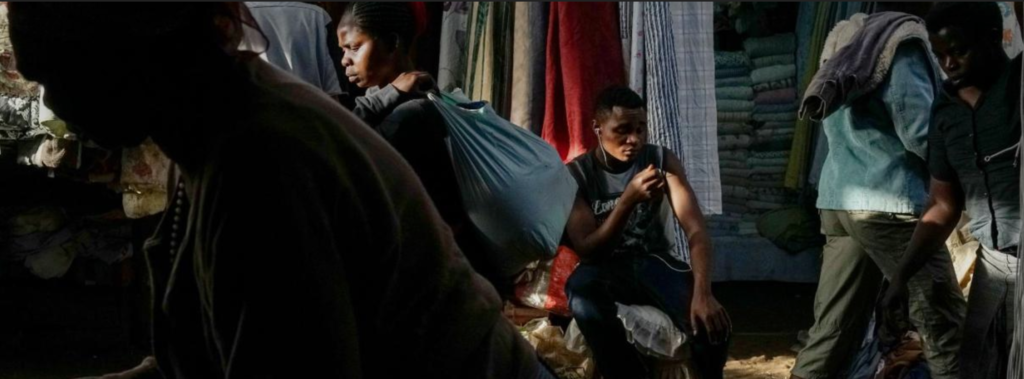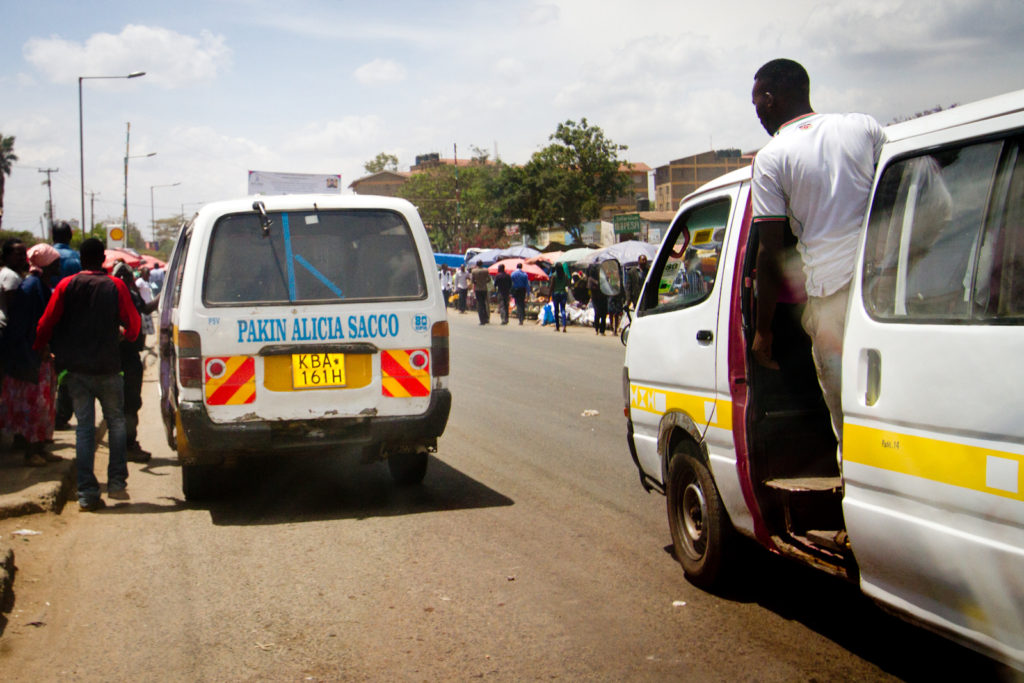Can cities function without a government? In Canaan, Haiti, residents give it a try.
Nine years ago, Canaan 1 was little more than a nameless, hilly swath of land patchworked by boulders and cinder blocks marking where people hoped to one day see proper houses, a hospital, a school, a police station and a basketball court.
Today, the neighborhood is one of many rapidly expanding areas of Canaan, Haiti’s newest city – named for the biblical promised land – home to between 280,000 and 320,000 people.
“We wanted to show the state who we are – that we can put down more than just one or two dollars here,” says Evenson Louis.
Read: U.S. News & World Report
Reporting for this story was supported by the Pulitzer Center.

 Last year at primary schools in western Kenya, social scientists were busy performing dirty skits in front of hundreds of children. The script went like this:
Last year at primary schools in western Kenya, social scientists were busy performing dirty skits in front of hundreds of children. The script went like this: